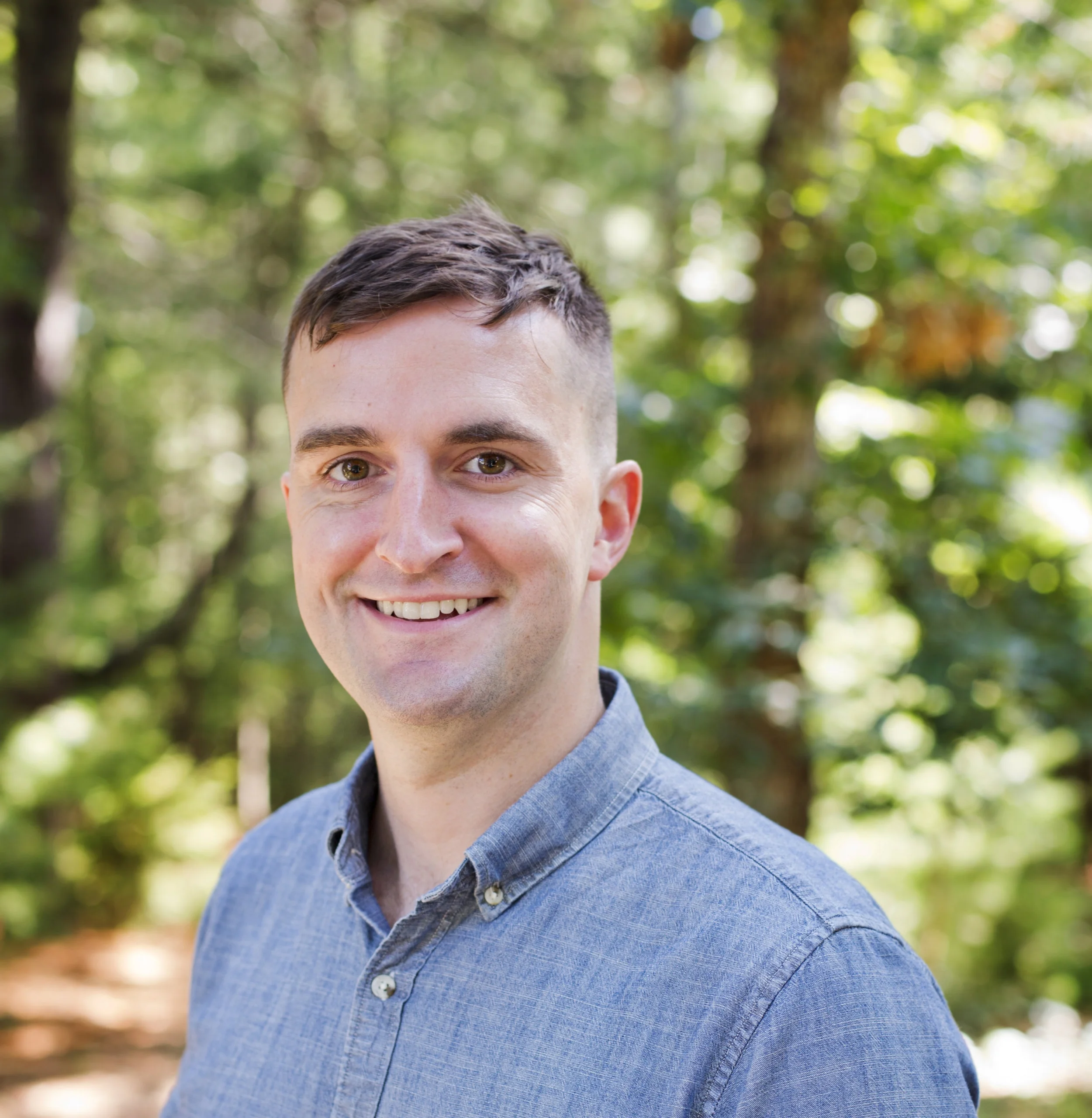So we’re trying something new today. SInce resuming writing in this space almost two years ago, I quickly moved to also add a podcast to the mix.
The podcast has been great fun, and I’ve developed a lot of really positive relationships because of it. However, I’m acutely aware that the podcasts aren’t for everyone. Most of the blog posts here are around a 10 minute read, while the podcasts are often an hour commitment.
In that light, I’m going to highlight some of the major points from my Tuesday podcast with University of Houston Swimming and Diving Head Coach Ryan Wochomurka.
Bear with me though, this post might take around 15 minutes to read. Here are three big points from the conversation:
The Spirit of a University (15:50)
I asked Ryan what made him interested in jumping from the Louisville program he had helped to fly high, I got quite a response.
It’s not often that swim coaches cite so many high ranking university officials, but Ryan obviously feels very strongly about their contribution.
As I replied to Ryan, you can feel the difference when you’re on Houston’s campus. I grew up around schools in the Northeast that were quite content with their place in the world. Houston is a school that mirrors the city it’s located in the way that it is striving for something greater.
Now, you may be reading this feeling as if you are at a more “complacent” University, so what can you do? I talk to a lot of college coaches who feel that they do not have administrators or colleagues that are really striving.
Positive Psychology actually has a lot to say about swimming upstream in a sea of negativity. It’s not easy but there are specific tools that can make you much more likely to succeed rather than burn yourself out in frustration.
For environments like Houston, the biggest challenge actually is change itself. Change is hard, and especially the emotional, unconscious part of our brain fights very hard against it quite naturally. Learning to overcome some of this natural aversion can accelerate the process of improvement.
Communication and Influence (31:00)
I asked Ryan what it is he hoped to gain from our working together. He cited a blog that neither of us have found since but that hinted at accessing some emotional communication with the people you are coaching.
Now, what coach would not want to improve their communication? We all understand that communication, in all its forms, are a huge part of what we do in our day to day work.
But are we really talking about communication for communications sake? Communication is a means, and its end is that we want to influence those we are communicating with.
Every coach I have ever met knows far more about how to improve the people they are coaching than they can possible influence them to do. This can get incredibly frustrating as a coach when you know you have the solution for a swimmer but they just won’t do it.
One of the things we discussed on my visit to Houston was a technique for having conversations about positive events. I love this tool because it makes people smile, but on a deeper level the conversations help to build influence.
If you are purposeful about improving your influence, you will be able to narrow the gap between what you know and how much you actually help the swimmers in front of you.
To this end, Ryan made a great point about hiring an accountant to do your taxes or a financial adviser to do your retirement planning. The power of bringing outside help is that you can superpower one aspect of your team, which in turn makes your life easier as a coach.
Building Trust (43:30)
One of the experiences I have had everywhere I went is the following. I tend not to speak straight for long periods of time- there are clear prompts for the audience to get involved. In my first talk of a weekend, there are usually only 1-2 willing to participate..
Such was the case at Houston, but with every successive meeting we built a little more trust. This is one of the reasons that I do not visit campuses or teams just one time. One visit can be enough to build some decent trust- by why squander that by never revisiting it again?
I can remember the experience of being both an athlete and a coach and getting an experience with a consultant on one topic or another. They ranged from inspiring to boring, but even the best ones without any follow up were extremely hard to follow through with.
One additional piece that we added after our initial agreement for three visits was a fourth trip to see the team compete at the University of Houston’s Phil Hansel Invite next month. It was an easy decision, given that the knowledge I’m offering is specifically designed to be used “in the field”.
So you might as well go an actually see it in action!
Are you interested in adding Positive Psychology to your team? Contact me

